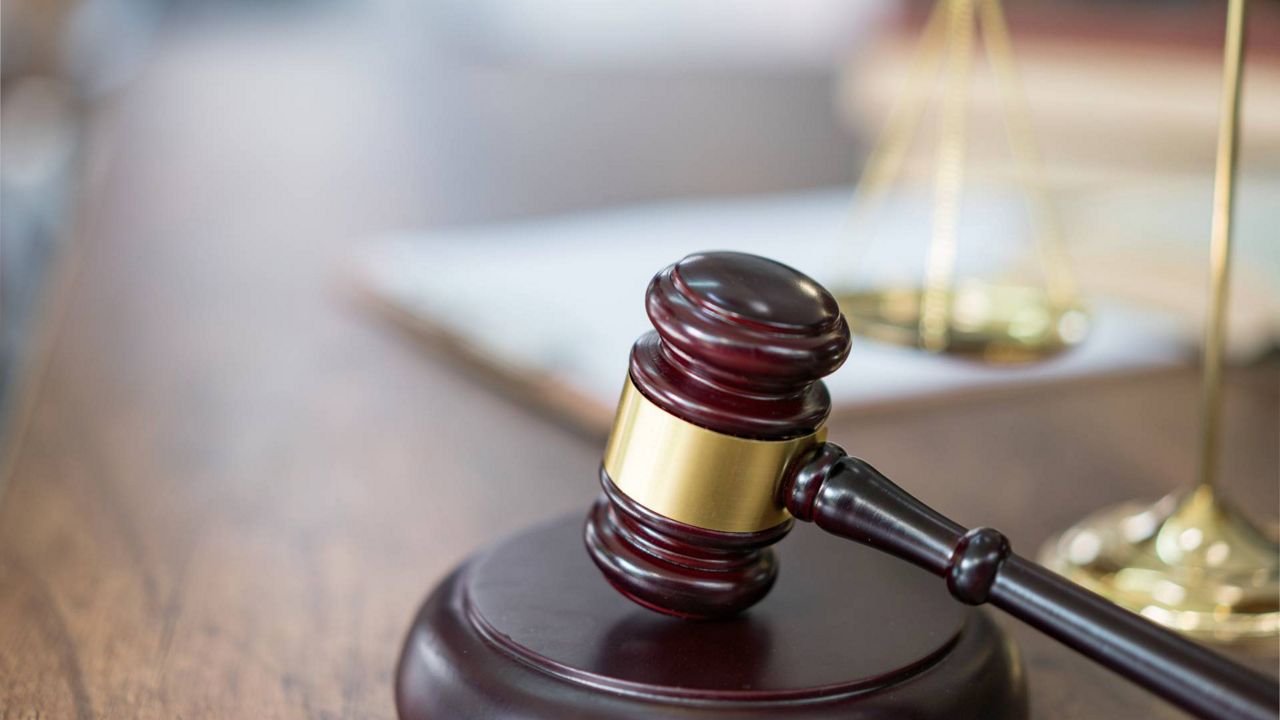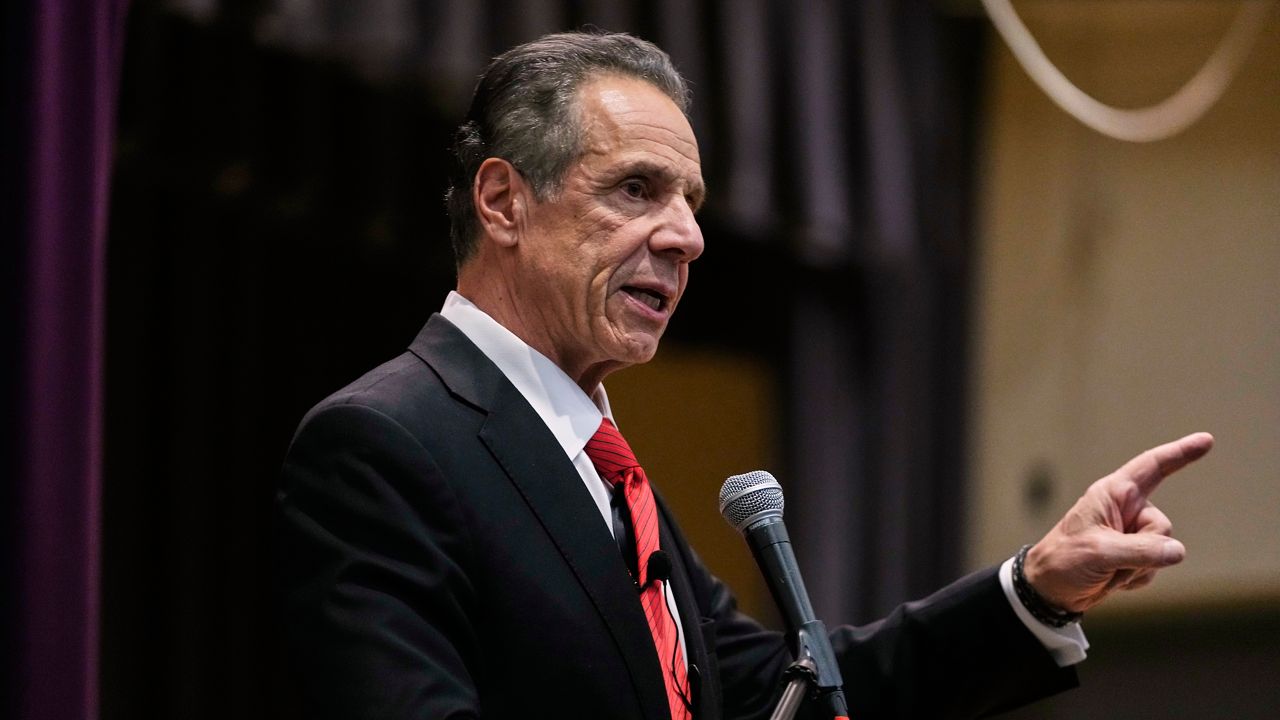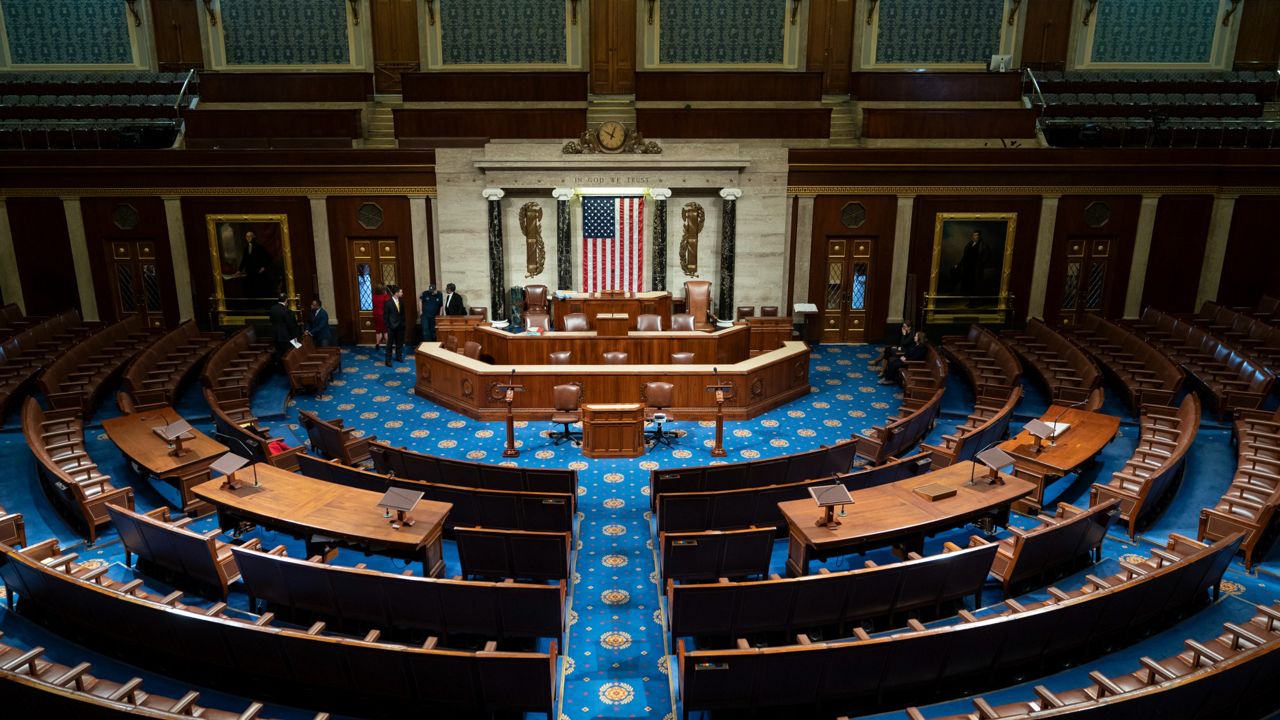According to a recent study, fewer Americans are attending religious services in houses of worship. It’s led to more questions on what religion, particularly God, means in our lives. Additionally, what is their definition of good?
“The Nones are on the rise … n-o-n-e-s, and it’s really clear to young people that you don’t need a religious hook to be a moral person,” said Jonathon Kahn, a religion professor at Vassar College.
Nones, a term used for those who don’t have a religion, is a trend seen throughout the United States that’s left some people wondering whether religion and morality are one and the same or two different but connected topics. Kahn says it’s simpler than a higher power.
“You have to understand yourself as part of a human community to be good. I think that what makes a person good is caring for others, and that’s sort of the heart of it. It’s from that you get a bunch of practices and policies,” said Kahn.
His area of expertise is at the intersection of anthropology, religion and politics.
A foundation of religions and moral systems around the world share a common theme – many know it as the “Golden Rule,” a common concept across many faiths.
In the Bible, the rule is traditionally written as “do unto others as you would have them do unto you.” Those practicing Islam use the Hadith as their guiding force, where it says “no one believes until you wish for others what you wish for yourself.” In Judaism, the Talmud states “what is hateful to you, do not do to your neighbor.”
It’s an adage that acts as a north star when building religion, but does one need to believe in God, or a higher power, to practice what is preached?
When Tom Elliott and his wife were starting their family, he decided to reread the Bible.
“I just couldn’t get through the Old Testament. Religions are good for that. You know, to … to give you a framework for doing the right thing. You can understand how they came about, how we came to be. Are any of them the truth? Well, how will we ever know that?” said Elliott.
The self-proclaimed humanist says he believes humans have their own ability to determine right from wrong.
“We don’t necessarily have to have religion to teach us how to do that; we can do it on our own,” said Elliott.
He added that he enjoys the community that comes from organized religion, but that everything else isn’t really necessary for him.
He’s not alone in thinking that. According to Pew Research, 65% of adults surveyed say believing in a higher power is not necessary to be moral. More than 70% of people younger than 50 surveyed agreed with that.
That’s where Amanda Quintana falls.
“I think people definitely can use religion and can find value in God and believing in God and like the spirit of the church. And that's a beautiful thing. But I think for myself, I don't believe in a god. I think that there's a lot that we don't know,” said Quintana.
“For me, the importance of belief in a high power, whether you call that ‘love’ or ‘god’ … right now is that we live in a world that is very broken, very wounded, and the healing that I sense is beyond human capacity,” said Sarah Henkel, pastor at Middletown’s United Presbyterian Church.
“I think that there are all different ways that people can find their center or, you know, feel grounded in their community,” said Quintana.





